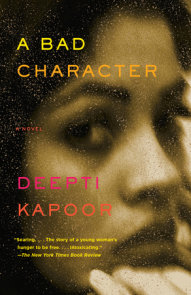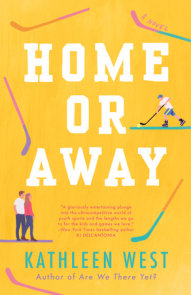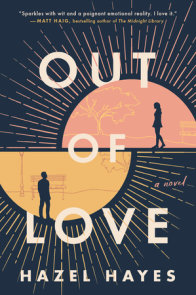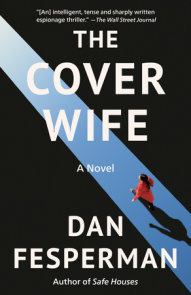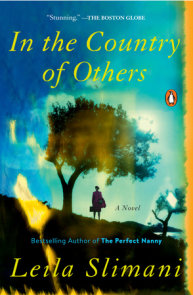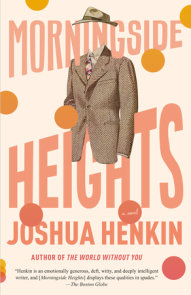READERS GUIDE
Introduction
Margaret Atwood’s The Robber Bride is inspired by "The Robber Bridegroom," a wonderfully grisly tale from the Brothers Grimm in which an evil groom lures three maidens into his lair and devours them, one by one. But in her version, Atwood brilliantly recasts the monster as Zenia, a villainess of demonic proportions, and sets her loose in the lives of three friends, Tony, Charis, and Roz. All three "have lost men, spirit, money, and time to their old college acquaintance, Zenia. At various times, and in various emotional disguises, Zenia has insinuated her way into their lives and practically demolished them.To Tony, who almost lost her husband and jeopardized her academic career, Zenia is ‘a lurking enemy commando.’ To Roz, who did lose her husband and almost her magazine, Zenia is ‘a cold and treacherous bitch.’ To Charis, who lost a boyfriend, quarts of vegetable juice and some pet chickens, Zenia is a kind of zombie, maybe ‘soulless’" (Lorrie Moore, New York Times Book Review). In love and war, illusion and deceit, Zenia’s subterranean malevolence takes us deep into her enemies’ pasts.
Questions and Topics for Discussion
1. In The Robber Bride Tony says that people like Zenia don’t get into your life unless you invite them in. What devices does Zenia use to first gain entry into the lives of Tony, Charis, and Roz? How does she alter her techniques to attract and control men?
2. Is there one character you identify with more than others? Why?
3. On the surface, Tony, Charis, and Roz are not a bit alike yet similarities exist. For example, during their childhoods they each developed what could be called "dual" identities. How do the psychological devices they developed as children help or hinder them? In what ways do their own children differ from them?
4. While seeming all powerful, the constantly changing Zenia lacks a center of her own. Is it possible for women to achieve the same kinds of power that men do in today’s society, or do they have to break rules and operate as outlaws? Discuss Charis’s grandmother. Do women have a kind of power that is different from male power?
5. Magic can mean two things: sleight of hand played by stage magicians, and true "magic," or supernatural ability. What role does each kind of "magic" play in the novel, if any?
6. The name of the restaurant where Zenia reappears is called The Toxique. What role does naming–of persons and places–play in this novel?
7. War provides a subtext, and even possibly a framework, for this novel. The male characters are not the only ones affected by it. How are the others affected? How is Zenia affected? Which wars are mentioned?
8. Read the poem "The Robber Bridegroom," reversing gender as you read. What does this poem, taken together with the poem "She," tell us about the nature of evil?
9. Discuss the poem "The Loneliness of the Military Historian". What does it tell us about differences between the way men and women traditionally deal with violence? Does Atwood make a value judgment?
10. The American writer Lewis Hyde has asked, "Why is the Trickster the Messenger of the Gods?" Is Zenia a trickster? Is she also a messenger of the gods, and how?
11. Is there a difference between the lies others tell and Zenia’s lies? Are there "good" lies and "bad" lies? Do the hearers play a role in the construction of these lies?
12. Think of female villains from literature and film. What do they seem to have in common? Is female villainy different from the male variety?
13. William Blake said of Milton’s Paradise Lost that Milton often seemed to be of the devil’s part without knowing it. Does Atwood have a sneaking sympathy for Zenia? Do you?










